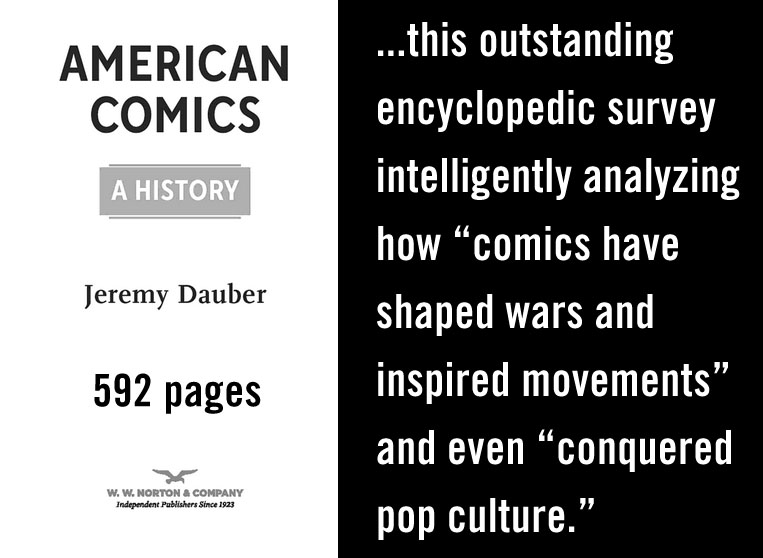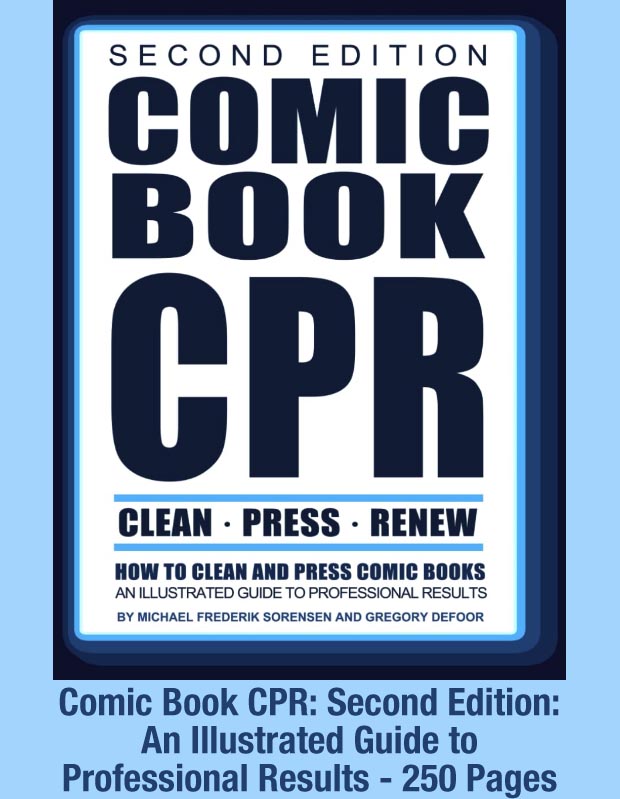The Superhero Comic book Future
Superheroes to lose their spot as Manga eats the American market – icv2
That ICV2 article from Feb 13 speculates on the causes and solutions for the "creative rut" in superhero comic books (and their sales problems). The article produced a response from the Perch Comics Youtube channel:
What does it mean?
I've been buying comic books since 1973 when I suddenly had a weekly allowance which made owning 20 cent comics possible. My observation from participating in the comic book business (as a custumer and as an employee) over the years is this:
American comic books have been shrinking in sales for a very long time, and though the market does swell outward periodically, it then retracts again and continues the decrease in actual numbers of sold books. This has been ongoing since the newsprint days,* and in a large way this isn't due to anything except the overall retraction in all printed periodicals in the wake of the creation of television (if we go back all the way to that 1950's phenomenon) and then the revolution in reading from the coming of the internet (1990's into the 2000's).
The eyes that you see gobbling up data from cell phones and tablets in any place where Americans gather are the eyes that would be gobbling up printed matter if the internet had not arrived back in the 1990s. People are interested in various subjects and they want to look (and if functionally literate) read about those subjects they're interested in. Comic books have sometimes been one of the delivery systems for those subjects, but steadily, year by year, this is less so.
Which is an odd problem in one particular sense because as a communication medium, comic books are unique and efficient and blur the lines between literacy and intelligence levels since so much of the information contained within an average comic book story is expressed visually. "A picture is worth a thousand words" is a dictum that applies here and should give comic books a leg up on competitors for the customer's dollar.
But the actual truth is that American comic books were already in crisis before the internet, and though digital superhero comics are available 24/7, they are not replacing declining earnings from the print side of the industry.
Accusations from disgruntled people within the industry has been made for decades that the business is in a doom-spiral that has only been alleviated because of licensing money to toys, shirts, etc., and because of the miraculous success of superhero movies.
And that's where the superhero part of the problem (or solution) is most obvious. Comic books as a medium don't have to have superheroes, and superheroes as a genre don't have to have comic books. Batman and Spider-Man can survive in films and television, and comic books, if the million-copy sales of Manga around the world means anything, can make it without superheroes.
But that brings us back to reality, which is that, in American comic book production superheroes are comic books, and visa versa. And what I wonder is this: are the American comic book companies essentially like Sears Roebuck, that defunct behemoth that once ruled the retail wonderlands? As American comic book production keeps shrinking in the face of faster, stronger, and more in-touch competitors (Manga) all that needs to happen for the demise of monthly "floppies" is to have current trends work their way forward uninterrupted.
*There was an interview with Neal Adams back in the 1980s, and he was talking about how he and Dennis O'Neil's Green Lantern run got really close to cancellation because issue sales were down to something like 175,000 per month. Adam's then said, if a book like that sold 175,000 per issue in the 80's, DC would have given them a medal.

Comic Books the Dilemma
Original page February 25, 2023

